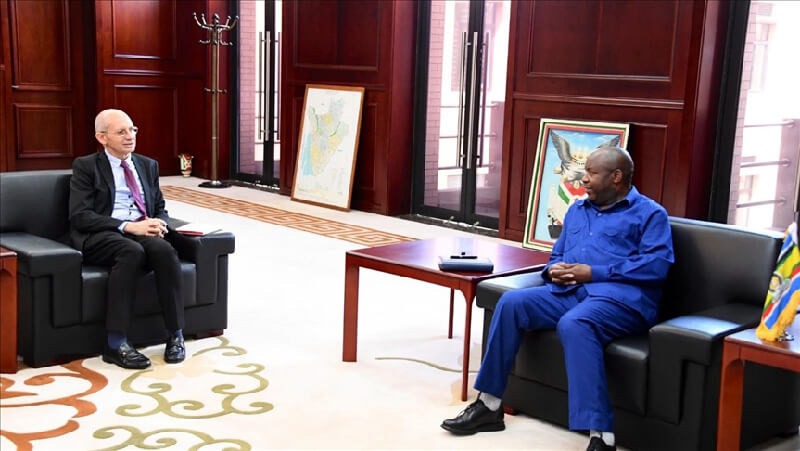Over the past one week, protests against the three farm laws in Rajasthan, which were earlier concentrated at Shahjahanpur in Alwar district, along the state border with Haryana, have spread to the state’s eastern districts.
At some places, farmer outfits associated with Samyukta Kisan Morcha have organised rallies and public meetings against the laws, and in other areas, the ruling Congress is helping organise protests.
“Districts such as Dausa in eastern Rajasthan have emerged as the new theatres of protest against the three farm laws. In the past one week, two meetings have taken place in Dausa and we are organising a massive tractor rally at the Rajesh Pilot stadium in Dausa on February 5. Rallies are being organised in Karauli, Sawai Madhopur and Bharatpur districts as well,” said Himmat Singh Gujjar, who heads the Pradesh Kisan Sangharsh Samiti.
Singh, an influential leader from the Gujjar community who has earlier been at the forefront of protests demanding reservation for the community, said he is “with the Congress”. The farmers’ agitation, he added, has brought together protesters from different castes and religious groups such as Jat, Gujjar, Meena and Muslims together.
He added that a recent event organised against the laws in Meena Seemla in Dausa attracted about 7,000 people.
At the Shahjahanpur border, Ranjit Singh Raju, convener of the Gramin Kisan Mazdoor Samiti (GKS) who hails from Sriganganagar district, said that there are more than 3,000 protesters at the site and over 200 tractor-trolleys.
“I left Sriganganagar at the end of November and after initially camping at Tikri border, we have remained at Shahjahanpur. Our agitation will not end until the three laws are withdrawn. The government has tried everything, called farmers Khalistani, said there is no unity among us, but all these measures have failed,” said Raju.
He added that more tractor-trolleys will start for Shahjahanpur from Sriganganagar in the next few days.
Raju said that in Rajasthan, the farmer agitation is being led by the GKS and CPM wing All India Kisan Sabha (AIKS), and supported by the Rajasthan Jat Mahasabha. The Rashtriya Loktantrik Party led by Hanuman Beniwal has also participated in protests at the Shahjahanpur.
Raja Ram Meel, president of Rajasthan Jat Mahasabha, has been camping at Shahjahanpur. He said more farmers are likely to join the protest in the next few days.
Meanwhile, Gajraj Khatana, Congress MLA from Bandikui and party general secretary, is also preparing for the rally in Dausa. He is among the 18 Congress legislators loyal to former Deputy Chief Minister Sachin Pilot who were at the centre of the political crisis in Rajasthan last year.
“We are expecting a crowd of around 1 lakh people in the February 5 meeting. Sachin Pilot ji is also likely to be a part of the meeting,” said Khatana.














